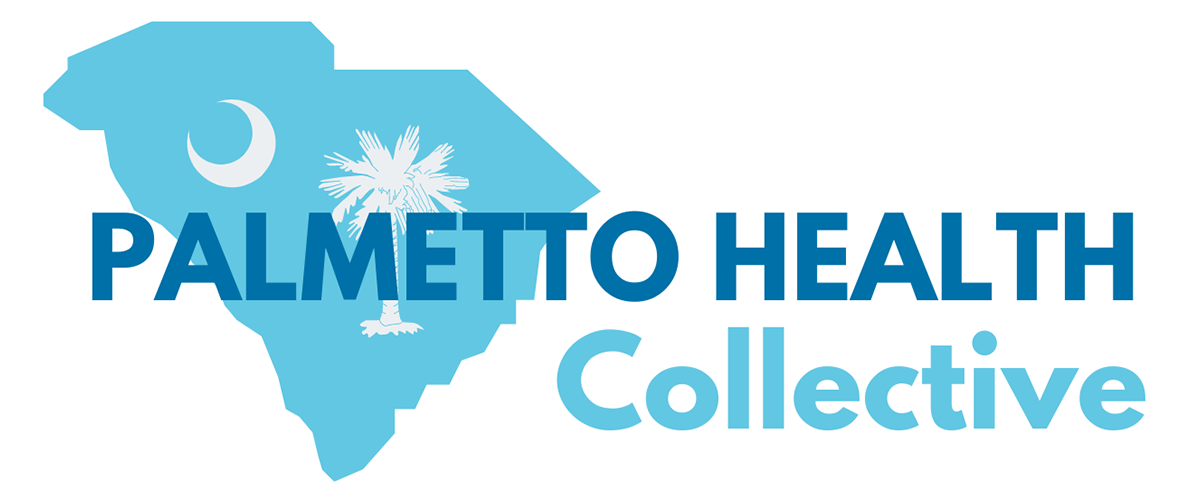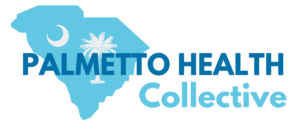By CINDY RISHER
The cost of health care is increasing at an exponential rate. Patients with chronic illnesses who are already struggling to make ends meet simply cannot afford the cost of their medical treatment. This is troubling news for a state where 60% of the adult population is living with a chronic illness. Hitting even closer to home, the South Carolina Department of Health and Environmental Control reported Clarendon as one of the counties in our state with the highest rate of individuals suffering with two or more chronic illnesses.
But there is hope for patients with chronic conditions. Truly remarkable advancements are being made every day in pharmacology, and new life-altering medications are available for those suffering from chronic illnesses like diabetes, cystic fibrosis, cancer, Alzheimer’s disease and emphysema. These medical innovations are not only saving lives; they are also providing people with a better quality of life.
But innovation comes with a cost. Many of these new medications have not been on the market long enough for a generic option, making their cost often challenging for patients. That’s why many nonprofit organizations and drug manufacturers help patients who cannot afford their medicine by offering co-pay assistance or drug coupons. Until recently, these cost-sharing amounts both lowered the price at the counter and applied to the patient’s deductible, helping patients to reach their out-of-pocket maximum, at which time full insurance coverage would take effect.
All that has changed over the last few years. Insurance companies and pharmacy benefit managers (PBMs) looking to cash in on rising costs recently put language into health care policies called a “co-pay accumulator,” which allows them to stop any outside assistance from counting toward a patient’s deductible. That means if you were receiving co-pay assistance or using a drug manufacturer card for your medicine, the funds will no longer be applied to your deductible. This has left many patients with the grim reality that they can no longer afford treatments that enable them to live with their illness.
Co-pay assistance programs were designed to help patients afford critical medical treatments, not to boost corporate profits. It’s unacceptable that insurers and PBMs are allowed to exploit the health care system. It shouldn’t matter where money comes from for medical treatment; we should be thankful that there is help for those who need it.
Article first published in the SumterItem on March 31st, 2023. Read the article here.

